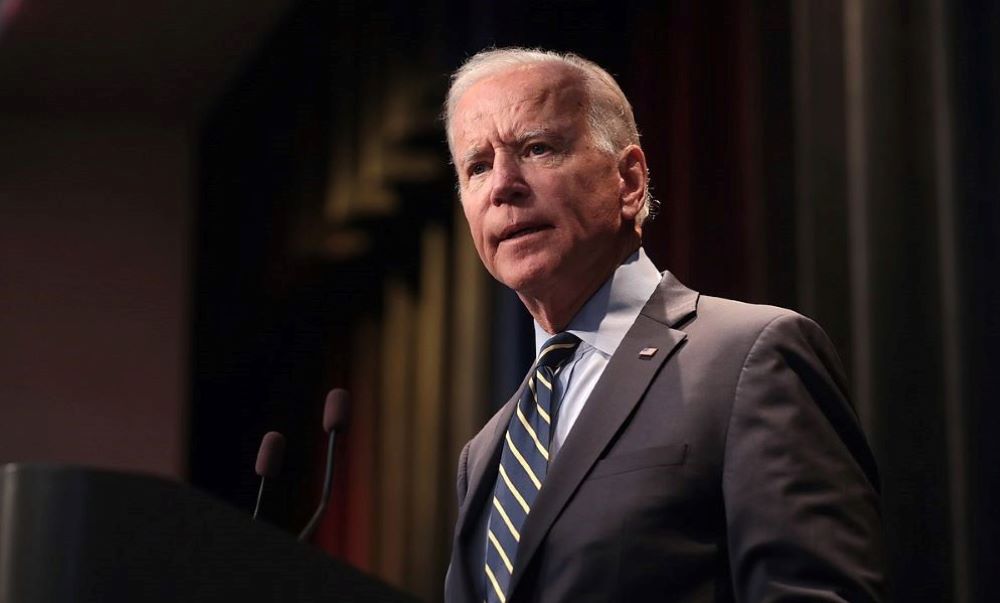Kriti Agrawal
In response to an appeal by vaccine manufacturer Serum Institute of India’s (SII) owner Adar Poonawalla to US President Joe Biden, asking him to lift an embargo on exports, the Biden administration has denied that there are any “outright bans” on vaccine raw material exports.
Mr Poonawalla had asked Mr Biden on April 16 to “lift the embargo” on raw materials in order to help with the development of COVID-19 vaccines.
According to reports, SII uses bio-reactor bags from US firms ABEC and GE Healthcare to grow cells for its vaccines, including ‘Covishield’ a variant of the COVID-19 vaccine created by the University of Oxford and AstraZeneca. Filters, microcarrier beads, and cell culture media are also used, all of which are in short supply.
The United States is a major supplier of these goods, with sources suggesting that shortages are the consequence of the defence Production Act, an emergency law requiring domestic producers to prioritize federal (central) government procurement orders.
This law had been invoked by both Mr. Biden and his predecessor, Donald Trump.
The US vaccine supply and administration goals set by the Biden administration have been surpassed. Vaccines are now available to all adults in the world, and at least half of the adult population has received one dose.
S Jaishankar and Antony Blinken, the foreign ministers of the two countries, spoke on the phone on Monday. In their explanations of the call, both sides referred to collaboration on “COVID -19” or “health.”
India and the United States are working together on the development of five vaccines, as well as broader collaborative projects with other countries.
By the end of 2022, the United States, India, Japan, and Australia (the Quad) expect to distribute at least one billion doses of COVID-19 vaccine to Southeast Asia and the Pacific.
This will include the Johnson and Johnson vaccine, which is produced in collaboration with Biological E in Hyderabad.
In February, the Biden administration announced a $4 billion pledge to COVAX, a global vaccine accessibility initiative.
Although long-term funding and production commitments which alleviate vaccine shortages, many countries are currently experiencing shortages and need doses for their people.

